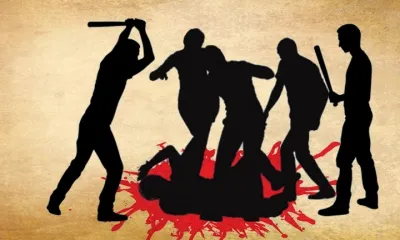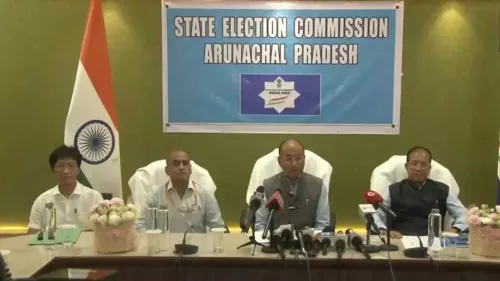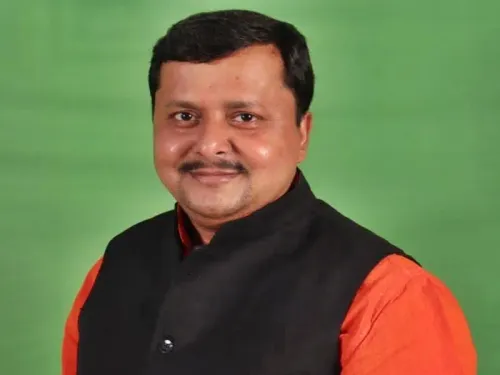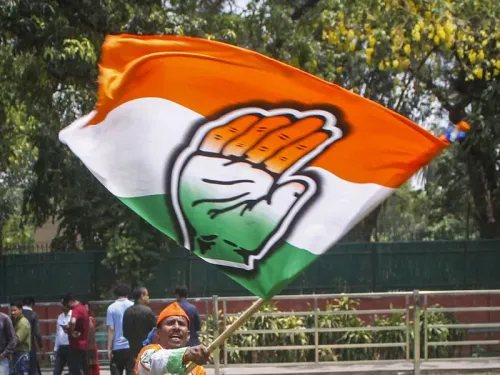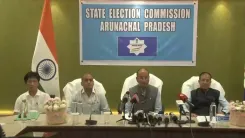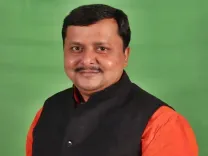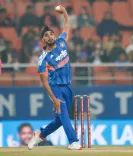Is There Unanimity on the 16-Hour Discussion Regarding Operation Sindoor in Lok Sabha on July 28?
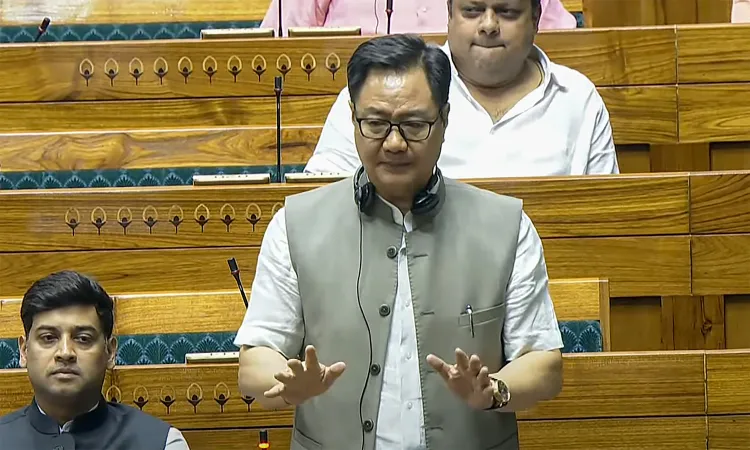
Synopsis
Key Takeaways
- 16-hour discussions planned for Operation Sindoor in Lok Sabha.
- Government and Opposition agree on the need for smooth parliamentary proceedings.
- Disruptions in previous sessions have led to concerns about efficiency.
- Emphasis on respecting parliamentary rules and conventions.
- Importance of accountability from government leaders during discussions.
New Delhi, July 25 (NationPress) Union Parliamentary Affairs Minister Kiren Rijiju expressed optimism on Friday regarding the smooth functioning of Parliament in the upcoming week. This follows an agreement between the government and the Opposition to hold a special 16-hour discussion on Operation Sindoor in the Lok Sabha, commencing on July 28.
In a statement to reporters, Rijiju outlined the plans for a 16-hour special discussion in the Lok Sabha, with an additional 16-hour discussion scheduled in the Rajya Sabha on the following Tuesday.
He mentioned that the Opposition has called for Prime Minister Narendra Modi to address the House directly.
“We informed them that the Business Advisory Committee (BAC) does not have the authority to dictate when and where the Prime Minister speaks; that is solely the government's decision,” he noted.
Reiterating the administration's commitment to ensuring the Parliament operates smoothly, Rijiju revealed that he consulted with Opposition leaders, including Rahul Gandhi and Mallikarjun Kharge, during the BAC meeting.
“Our priority has been to facilitate the seamless operation of Parliament,” he added.
He referenced the disruptions that have plagued the Parliament since the Monsoon Session began, stating, “At the outset, we indicated our willingness to discuss Operation Sindoor. Unfortunately, on the first day, the Opposition's protests limited our ability to conduct business, resulting in the passage of only one bill in that week.”
“The Opposition's use of placards inside the House was against the rules, and their ongoing protests both inside and outside of Parliament are counterproductive,” he remarked, emphasizing that disregarding established norms does not aid in any way.
After the passage of one bill, attempts were made to initiate discussions on a second bill, but Congress and other party MPs persisted in their protests, he explained.
“I urge the Opposition parties once more to refrain from disrupting parliamentary proceedings and to honor the agreements made today to ensure the House operates smoothly,” he stated.
Highlighting the financial implications of disruptions, Rijiju said, “Citizens elect MPs to engage in discussions on critical issues. The preparation for responses to parliamentary questions demands significant resources, including time from officers. However, when discussions are absent, it results in a loss for both the public and the nation.”
Discussing the BAC meeting chaired by Speaker Om Birla, Rijiju reiterated the government's commitment to discussing Operation Sindoor.
He noted that while the Opposition raised various demands, he clarified that simultaneous discussions on numerous issues are not feasible. The next topic for the House will be determined after the discussion on Operation Sindoor.
Regarding the matter of High Court judge Yashwant Varma, Rijiju stated: “All political parties have concurred that the decision regarding Justice Varma's removal should be a collective decision. Once we agree to move the motion in the Lok Sabha and receive concurrence in the Rajya Sabha, everything will commence in the Lok Sabha as per the rules.”


